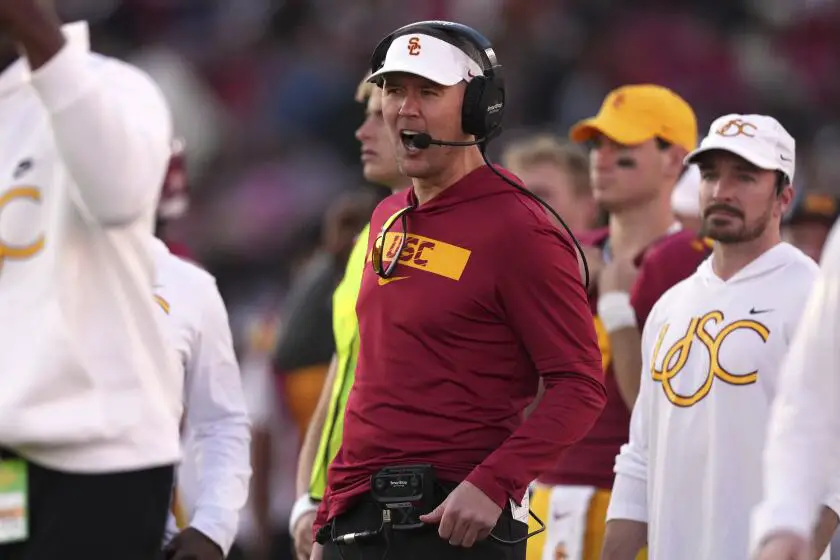
Since the day he signed the agreement to support Justin Trudeau’s Liberals, Jagmeet Singh has been advised that, at some point, he would have to retreat in order to save his party. That was the known part.
It was the how and when of that retreat that was less clear. As Trudeau fulfilled the various conditions in the agreement, notably bringing in dental care, pharmacare and anti-scab legislation, it was becoming increasingly difficult for Singh to concoct a plausible reason for walking away from the deal.
Down in the polls and with the looming possibility of a loss in the NDP’s Elmwood-Transcona riding in the upcoming federal by-election in Manitoba, Singh decided to go for broke.
In a video released Wednesday, he announced that he’s “tearing up” his supply and confidence agreement with Justin Trudeau. It was very dramatic, as he intoned that Justin Trudeau didn’t deserve a second chance.
His explanation of his casus belli, his reason for declaring war on Trudeau, rang hollow.
He used harsh words about the Liberals caving to corporate greed. It was rhetoric from another era. It was also difficult to understand because since Parliament recessed in June, nothing had changed – including the NDP’s polling numbers which haven’t exactly been encouraging.
That drop isn’t hard to understand as the NDP is seeing its vote peeled off from the left and the right.
On the right, Poilievre has cleverly (if disingenuously) discovered the discreet charms of the union movement. He even forced his incredulous caucus to vote for the Liberal/NDP anti-scab legislation which revealed to everyone that this guy plays politics for real.
‘Orange-Blue’ switchers
The Conservatives have also been doing a superb job of learning how to talk to ‘ordinary Canadians,’ even stealing that copyrighted NDP terminology. We used to call them ‘orange-blue switchers,’ people who could flip from NDP to Conservative depending on which party seemed to have the best interests of working Canadians at heart.
Poilievre has learned how to connect with them. In addition to inflation-squeezed factory workers, they now include disenfranchised younger voters who live in a gig economy with little hope of ever owning a home, and they’re buying what Poilievre is selling. That has been hurting Singh with an important part of his base.
On the left side of the equation, progressive voters have been showing signs of listening to an age-old Liberal siren song: “don’t split the vote.”
This time around, it’s not Andrew Scheer or Erin O’Toole waiting in the wings. It’s Pierre Poilievre, whose entire approach scares the pants off left-leaning voters. Many have started drifting over to the Liberals, without much conviction other than the sincere belief that Poilievre has to be stopped. That is also hurting Singh and the NDP.
Singh actually left the door open to continuing to prop up the minority Liberals, a contradiction that required reading the fine print of the announcement that accompanied the video.
Singh appears to be hoping that his theatrical move will help him in the other upcoming by-election, that one is in Montreal. My sources tell me that on the doorstep, his candidate’s volunteers have been getting an earful about Singh’s support for Trudeau.
They say that all politics is local. Singh’s decision to walk away from his deal with Trudeau has everything to do with local by-elections in two very different places.
In the Winnipeg by-election you’re looking at people whose families still talk about the Winnipeg general strike. These were hard fought battles. Part of Canadian history. People like longtime NDP MP Bill Blaikie and his son Daniel, both of whom were elected and re-elected in the riding, didn’t need to be told whose side they were on.
It’s Daniel Blaikie’s decision to resign his seat and leave Singh’s caucus that precipitated the by-election. There have been several other NDP MPs who have announced they won’t be running again. That is a source of concern for Singh as well.
Singh knows that he has to hold on to the Winnipeg riding, but the information I’ve received from people working in that by-election isn’t encouraging for the NDP.
Hopes in Montreal
The last hope for Singh to avoid a major mishap in those by-elections on Sept. 16 is to pull off a Layton-esque miracle in the Montreal riding of LaSalle-Émard-Verdun.
The NDP has a very strong and well-liked candidate in local city Councillor Craig Sauvé. There is a good demographic and linguistic mix that could help the NDP. Verdun, for example, is now represented provincially by the resolutely left-wing Québec Solidaire.
This seems to be the hope of Singh if he wants to avoid a rout. It would come with the added bonus, from the NDP’s point of view, of handing Trudeau an embarrassing loss on a par with the Liberal defeat in the recent Toronto-St. Paul’s by-election.
It’s far from certain that the Liberals will not be able to get out enough votes, however. The LaSalle part of the riding was a key part of Paul Martin’s political fiefdom and as long as organizers do their job, the Liberals should be able to hold onto the riding.
It’s not pretty, but it’s Canadian politics, as Trudeau hobbles into the start of his 10th year in power. Reams have been written about how tired Canadians are of his tone and his prepared lines. He was, however, pitch perfect as he made yet another progressive announcement (about a federal school food program) on the day Singh pulled the plug.
These events will prove crucial in deciding the fate of both Singh and Trudeau, as Parliament returns on the same day those two by-elections are held. Stay tuned.
Tom Mulcair was the leader of the federal New Democratic Party of Canada between 2012 and 2017







